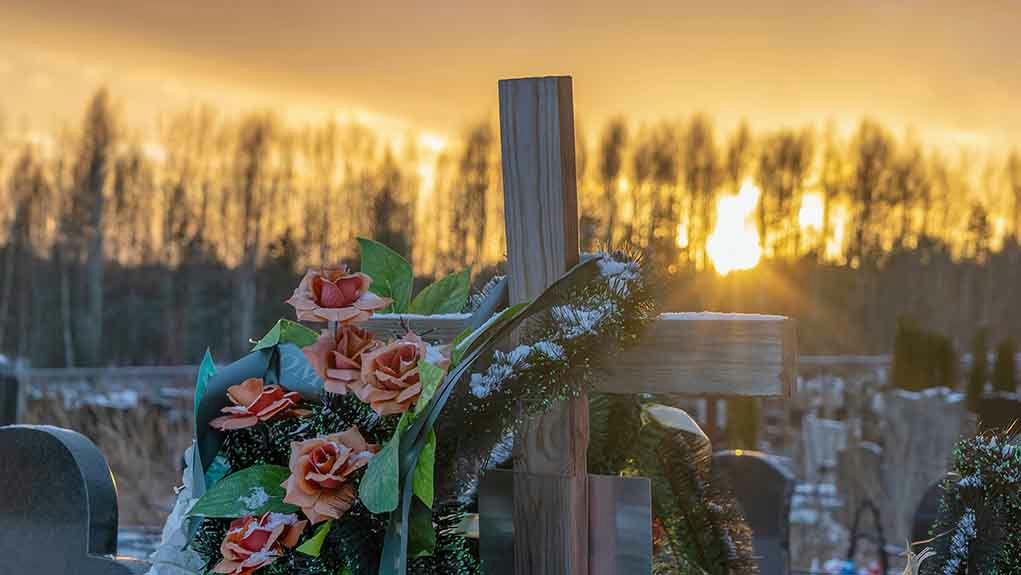While the world looks away, a coordinated campaign of violence is wiping out Christian communities in Africa—and the silence from global leaders is deafening.
Genocidal Violence Targets African Christians
From 2019 to 2025, coordinated attacks by Islamist militants have escalated to genocidal proportions against Christians in Nigeria, the DRC, Burkina Faso, and Mozambique. Groups like Boko Haram, ISWAP, and Al-Shabaab have unleashed waves of violence, often targeting church gatherings, pastors, and entire villages.
This campaign has resulted in thousands of deaths, with attacks like the February 2025 beheading of 70 Christians in a Congolese church exemplifying the brutality. Mass abductions and the destruction of nearly 20,000 churches in Nigeria alone underscore the systematic nature of this persecution.
Government inaction or outright complicity has allowed these atrocities to continue unchecked. In Nigeria, the north-south religious divide is exploited by militants who operate with near impunity. Security forces frequently fail to intervene, leaving Christian communities defenseless and forced to flee en masse. In eastern DRC, Islamist insurgencies have flourished in the absence of effective state control. Across these nations, the collapse of government authority and porous borders has fueled cross-border networks that enable jihadist groups to expand their reach and resources.
Underreporting and Global Indifference
Despite the staggering death toll and widespread displacement—over 16 million Christians displaced in sub-Saharan Africa—the plight of these communities receives scant attention from international media and policymakers. NGOs such as Open Doors and International Christian Concern consistently rank Nigeria and the DRC among the world’s most dangerous places for Christians, yet their warnings rarely make headlines or spur meaningful action. International bodies like the United Nations and the African Union have issued statements but failed to mount effective interventions, allowing the crisis to deepen.
Religious institutions, including the National Episcopal Conference of Congo and the Christian Association of Nigeria, have called for peace and protection, but their appeals are often ignored by authorities and the global community. The lack of coverage and response stands in stark contrast to the scale of the atrocities. This silence not only emboldens perpetrators but also signals to victims that their suffering is inconsequential on the world stage, undermining fundamental rights to religious freedom and safety.
Hey all you pretend human rights organisations and protestors 📣
There is an ACTUAL genocide in Nigeria 😳
I interviewed a Christian Preacher IN Nigeria who is witnessing the daily massacre of innocent men, women and children unfold in real time…
Want to know what is… pic.twitter.com/2xdQSnS2Xy
— Erin Molan (@Erin_Molan) October 20, 2025
Devastating Impact on Families and Communities
The targeted violence has shattered countless families, forcing millions into displacement camps and destroying the social fabric of entire regions. Women and children are particularly vulnerable, facing abduction, sexual violence, and loss of community support. Local economies have collapsed as farmers, teachers, and clergy are killed or driven away, leaving survivors without means to rebuild. The destruction of churches and Christian institutions erodes not only faith communities but also critical social services that these institutions provide throughout Africa.
Long-term, the demographic shift caused by this violence threatens the very existence of Christian populations in affected countries. As communities are uprooted and driven from ancestral lands, the prospects for peaceful coexistence and national stability further diminish. The ongoing humanitarian crisis has overwhelmed aid organizations and exposed the failure of both local and international leaders to uphold basic human dignity and security. Without decisive action, these trends point to a grim future for religious freedom and minority rights in the region.
Sources:
Nigeria: 7,000 Christians Killed, 7,800 Abducted, and 19,000 Churches Destroyed in 2025
International Strategy Conference on Persecution and Genocide of Christians in Sub-Saharan Africa
Christian Persecution Pervades Christian-Majority Nations in Africa, Latin America

